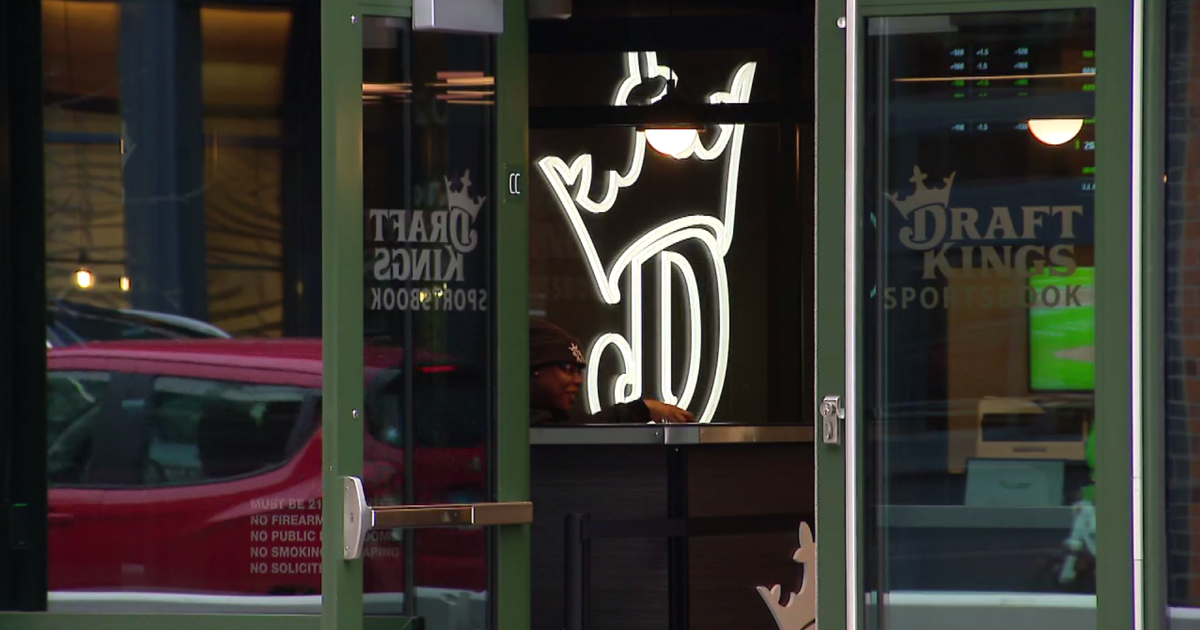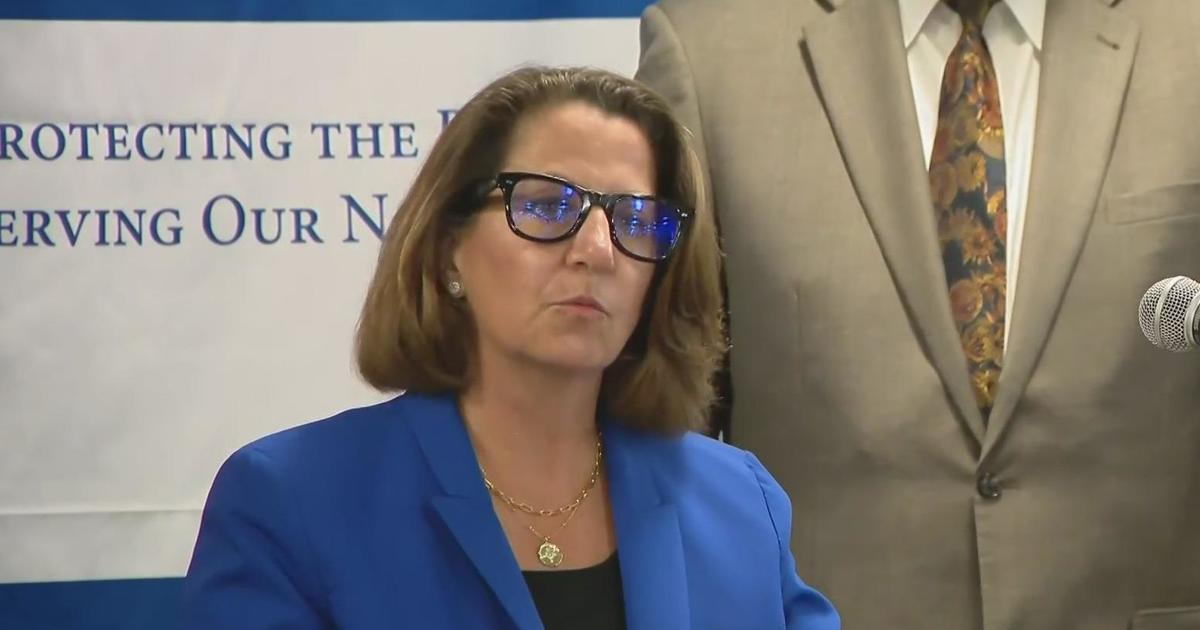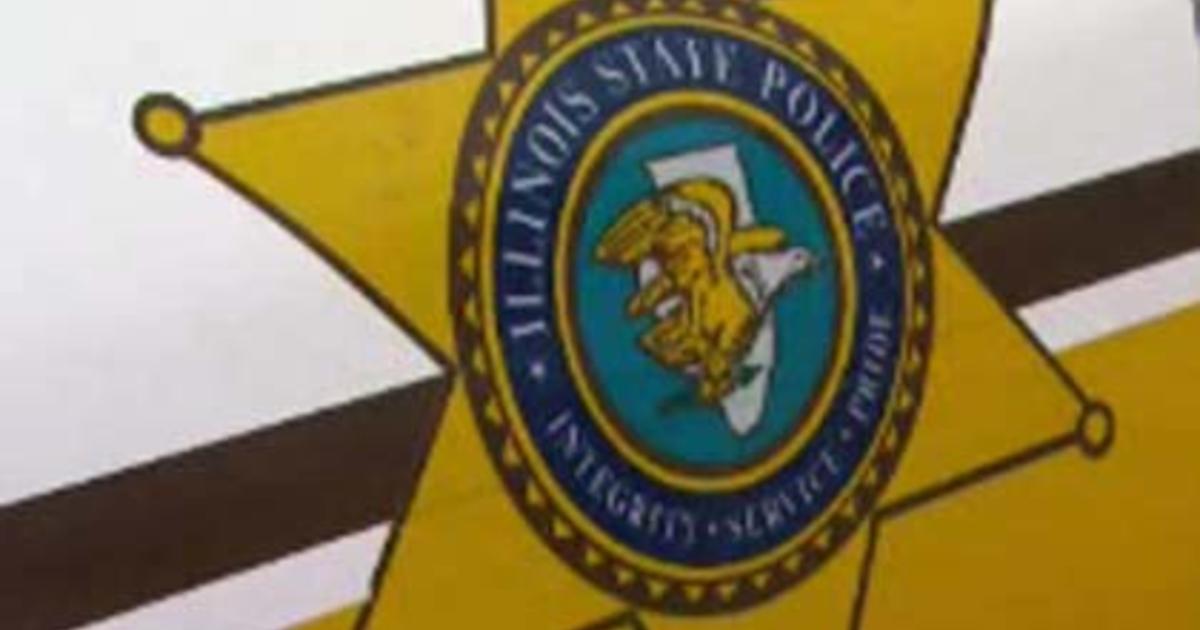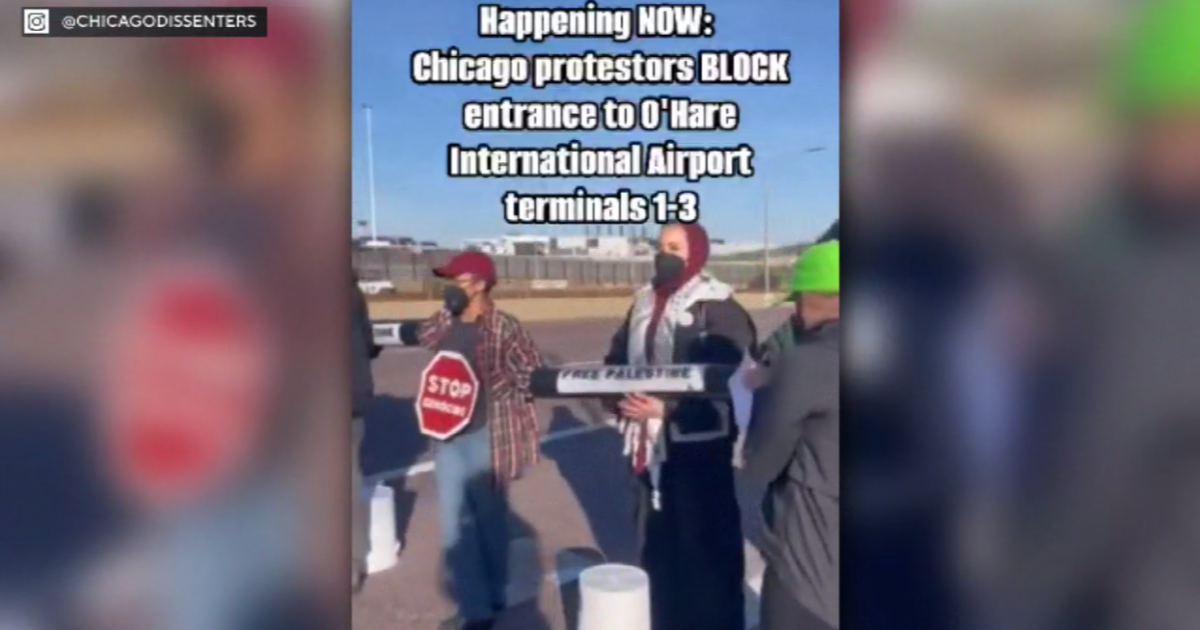Gov. Pritzker Signs Illinois Criminal Justice Reform Bill Into Law
CHICAGO (CBS) -- Gov. JB Pritzker signed a new criminal justice reform bill into law on Monday.
In a news release, Pritzker called HB 3653 "landmark legislation," and touted that it "ends a pretrial detention system that benefits the wealthy, expands training and wellness programs for law enforcement, modernizes sentencing laws, and prioritizes treatment and rehabilitation for low-level drug crimes."
"This legislation marks a substantial step toward dismantling the systemic racism that plagues our communities, our state and our nation and brings us closer to true safety, true fairness and true justice," Pritzker said in a news release. "In this terrible year, in the middle of a brutal viral pandemic that hurt Black people and Brown people disproportionately, lawmakers fought to address the pandemic of systemic racism in the wake of national protests. This bill was also infused with solutions from individuals most directly impacted: survivors of domestic violence, survivors of crime, and those who have been detained pre-trial only because they are poor. Today we advance our values in the law – progress secured despite the pandemic, because of the passion and push of the Legislative Black Caucus, activists, advocates, and residents intent on leaving a better Illinois for all our children."
Among the bills recently passed in Springfield is an end to cash bail by 2023.
The measure allows defendants to go free at a judge's discretion without bail while they await trial.
"It's past time to begin repairing the disproportionate harm that's been done to Black communities by the criminal justice system, that for far too many has brought anything but justice," said Lt. Gov. Juliana Stratton.
Some law enforcement groups have criticized the measure, saying it will undermine public safety. On Monday, the Illinois Law Enforcement Coalition -- a group formed by several police unions -- also suggested that the bill would lead police officers to quit.
"In signing this bill into law, Governor Pritzker chose to listen to a few strident political voices rather than the 120,000 petition signing citizens who plainly saw the bill for what it is. This new law is a blatant move to punish an entire, honorable profession that will end up hurting law-abiding citizens the most. Because we are sworn to protect and serve the public, we sincerely hope that we will not be proven right about this new law, that it won't cause police officers to leave the profession in droves and handcuff those who remain so they can't stop crimes against people and property," the coalition said in a statement. "Please don't let us measure its dismal failure by the shattered lives it produces. We urge all citizens to remember who supported this law, and keep that in mind the next time they look to the police in Illinois for the protection they can no longer provide."
Illinois Association of Police Chiefs Director Ed Wojcicki made similar points.
"I prefer to call it the "anti-police bill," a term that the bill's sponsors object to. But the bill unfairly targets officers and attempts to punish them, not just make them accountable. Just one example: One provision that says officers cannot review their own body-camera video before writing a report. That is 'gotcha' language. That would be like saying television reporters cannot review any video they shot before writing a story for the airwaves. Sounds crazy, doesn't it?" Wojcicki said in a statement.
He continued: "Need more evidence? A letter from a former Illinois chief that we posted on Facebook on Friday, predicting a significant departure of officers from Illinois if the bill is signed, already has been shared more than 3,100 times and has had more than 58,000 'engagements' by social media users. That is well beyond what a reasonable person would see as a hot topic, and it demonstrates grave concern about the negative effects of this bill on their careers."
Experts to whom we spoke on Sunday said states with similar laws have not seen an increased risk to the community.
"Some of the backlash that you were hearing that you're talking about is partisan in nature, so it shows to me that it is not about policy – it is about politics," said state Sen. Elgie Sims Jr. (D-Chicago).
Some critics have said the legislation was rushed through the Illinois General Assembly during January's lame duck session, without sufficient time to review everything in the 764-page bill.
"I highly doubt anyone had the ability to really read through it," sate Rep. David Welter, (R-Morris) said in January.
Welter said provisions like ending cash bail are concerning. Cash bail allows a person to go free at a judge's discretion if they are not a danger to a specific person.
Another concern is anonymous complaints.
"Allowing anonymous complaints against police officers without having to file an affidavit, it really potentially could hurt our community and the law enforcement's ability to keep our community safe," said Welter.
The reform bill also requires all police officers to use body cameras by 2025.
Our team just wrapped up a year-long investigation into just how effective the police body camera program has been in Chicago.
To review our findings and see our interactive map showing body cam use in your neighborhood, click here for "Left in the Dark."



